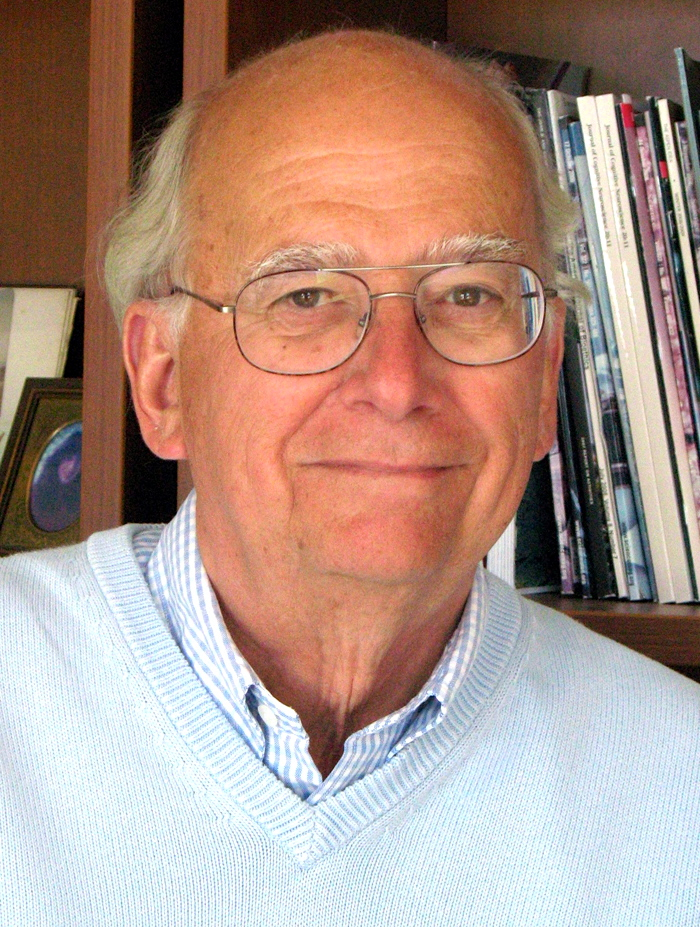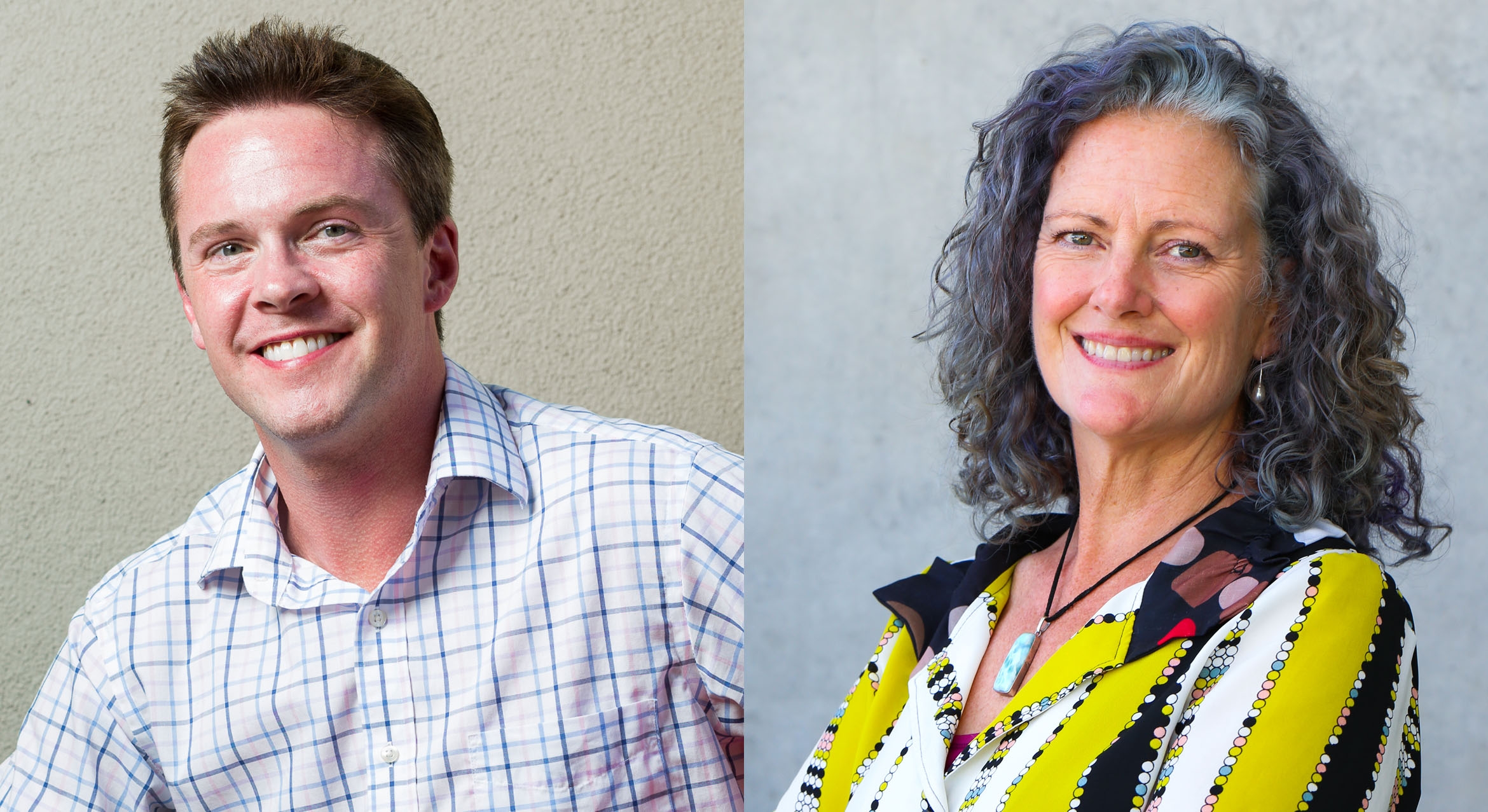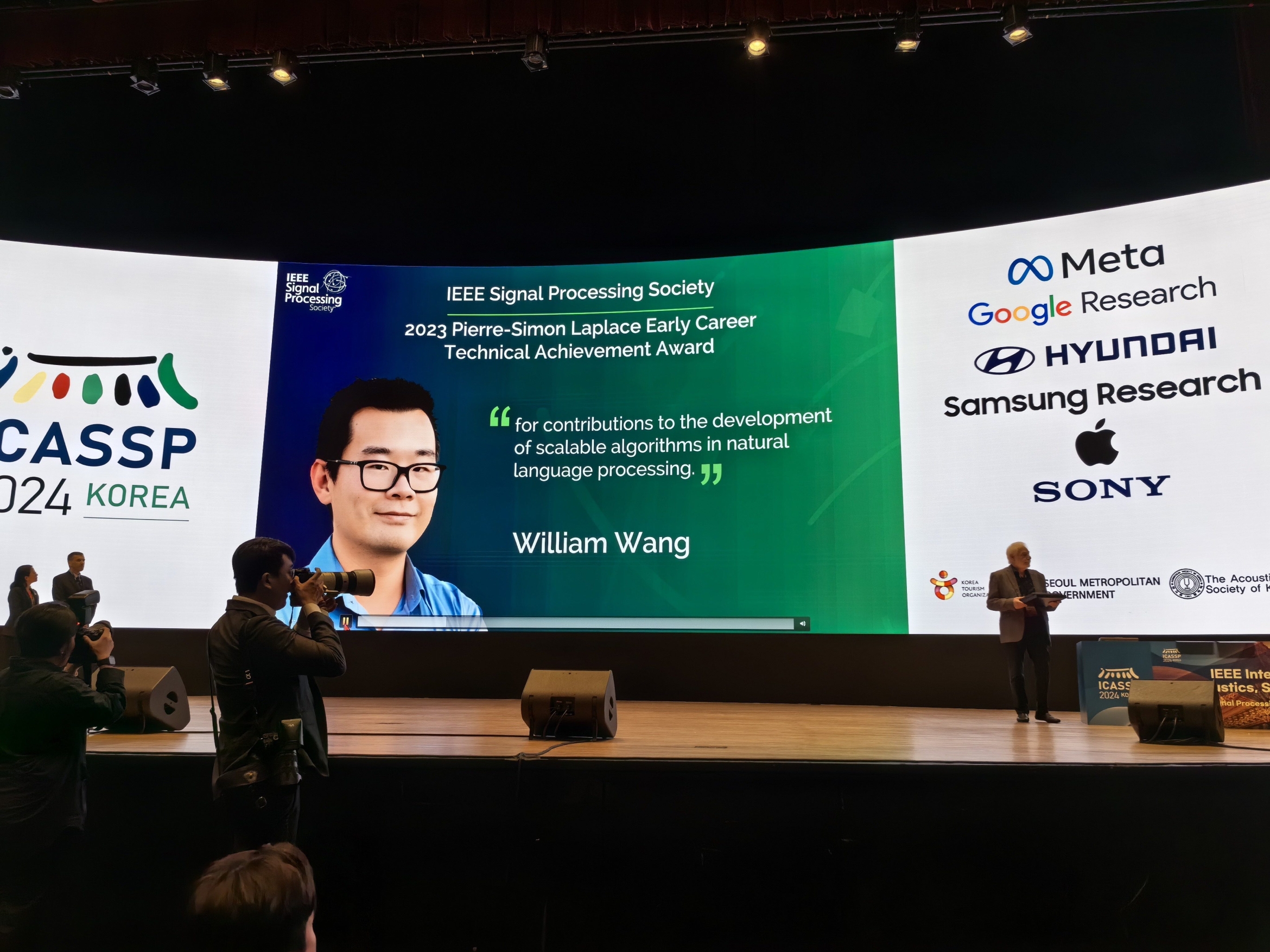
All in the Mind

When computer scientist, bitcoin expert and noted hacker Emin Gün Sirer gave a public talk as a visiting scholar at UC Santa Barbara, the room was packed with engineers, rapt at attention. No surprise there, except maybe when considering the event’s host: the campus’s SAGE Center for the Study of the Mind.
Mention of the word “mind” in an academic context typically evokes psychology, neuroscience, maybe medicine. But there is nothing typical about this center, where flipping the script is the driving principle and cross-disciplinary conversation is key. When the goal is to elucidate the entire spectrum of mind-related research, comingling across seemingly vast scholarly plains is not only encouraged — it’s crucial for success.
“The SAGE Center is a vehicle for bringing together scholars from all kinds of disciplines and getting them talking across the aisle,” said Michael Gazzaniga, director of the center and a professor of psychological and brain sciences at UCSB. “We try to do everything. It’s the mind. It’s all fair game.”
To gain on this lofty goal, the center regularly recruits leading experts from fields as diverse as neuroscience, economics, philosophy and engineering to study and share their research with the UCSB community. And it has several avenues by which to do so, from the cornerstone SAGE Visiting Scholars Program on which it was founded to its graduate fellowships, its annual lecture series and its still-new SAGE Junior Fellows Program.
“Nothing starts at 100 miles per hour, it takes time and patience,” Gazzaniga said of the center that was founded in 2005. “Once you get it going, it takes effort to keep it going and keep it fresh. To carry out an interdisciplinary effort like this is hard work.”
Luckily, the center has major support in that effort from the company that lends it its name, SAGE Publications. The publisher’s continued generosity includes a recent contribution that will fund the SAGE Visiting Scholars Program through the 2020-21 academic year. The company has also pledged additional funds to the SAGE Center’s endowment; the two entities share the aim of making the center self-sustaining within five years.
“With all these things that we do, SAGE backs us up — they’ve been so supportive from the beginning, and they continue to support us,” Gazzaniga said of the corporation whose philanthropy helped launch the center in the first place. “SAGE is a huge supporter of UCSB in general, and the dollars they have given to the campus to allow this center to grow and thrive is incredible. There aren’t an abundance of funds at many universities for supporting this type of intellectual interaction, so this philanthropy is hugely important.
“UCSB and the greater research community are indebted to SAGE Publications for its continued support of the SAGE Center,” Gazzaniga added. “For many scientists, engineers, humanists and artists, the study of the brain and mind is a ‘frontier’ for discovery and creativity, for settling many questions about what it means to be human. We couldn’t be more thrilled with the enduring support of SAGE Publications, which has been a friend to us and UCSB for years.”
The SAGE Center’s 2016-17 slate of free public talks begins Monday, Oct. 10, with David Poeppel, a professor of psychology and neural science at New York University, on the topic “Speech is Special and Language is Structured.” He will speak again the following Monday, Oct. 17, on “The Insufficiency of Correlational Cognitive Neuroscience.” Both talks will be held in Psychology 1312, beginning at 4 p.m.
Each year the center welcomes several distinguished fellows for extended residencies and multiple public talks. In addition to Poeppel, the fellows for the 2016-17 academic year are Todd Heatherton of Dartmouth College; Ian Morris of Stanford; Sarah-Jayne and Sir Colin Blakemore, of University College London and University of London, respectively; Greg Hickock of UC Irvine; and Alan Kingstone of the University of British Columbia.
This fall SAGE Center will also present lectures by Tomás Ryan, assistant professor of neuroscience at Trinity College of Dublin, on “Information Storage in Memory Engrams” (Oct. 20), and Dacher Keltner, a psychology professor at UC Berkeley, on “Awe and the Evolution of the Sublime” (Dec. 1). The winter and spring 2017 lineup will feature distinguished scholars from UCLA, Stanford, CalTech, Harvard and Oxford.
All lectures are held in Psychology 1312, Thursdays at 4 p.m. Detailed information on all visiting scholars, and the center itself, can be found via its website here.



